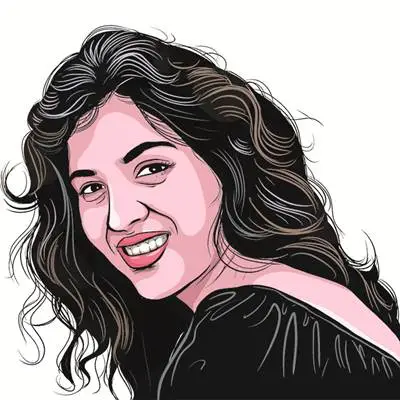Opinion In defence of the lowbrow
It would be a pity to go through life without the perspective critically acclaimed books and movies have to offer because cheesy as it sounds, they can be transcendental experiences.
 Books shouldn’t feel like work. In this age of distraction, anything that holds one’s interest is good enough. And who knows, there’s always a chance we'll end up learning something new.
Books shouldn’t feel like work. In this age of distraction, anything that holds one’s interest is good enough. And who knows, there’s always a chance we'll end up learning something new.
In The Thursday Murder Club on Netflix, four senior citizens residing in a quintessential English (retirement) country home solve cosy murder mysteries, the kind where the camera doesn’t linger on a corpse, rather, on the gold enamelled floral teapot placed nearby. The formidable cast of a former James Bond and Ben Kingsley, who played the Mahatma in Richard Attenborough’s Gandhi in 1982, suggests, hearteningly, that wrinkles and gait don’t matter when there’s stellar acting and a good storyline. In one scene, the suave and sophisticated ex-007 Pierce Brosnan is in a water aerobics class with aged ladies, perfectly buoyant, it seems, even about the circle of life. This decidedly predictable and somewhat insipid whodunnit is enjoyable because the news cycle spins out frantically depressing stories. Our complex world rarely offers satisfying explanations for the dispiriting violence all around but a mystery, Agatha Christie style, provides the comforting illusion that justice — however delayed — will not be denied.
The cosy detective novel, movie and TV show is enjoying a successful reconnaissance exactly a century after Hercule Poirot first made his debut. Timid crime minus the scary shocks, a bit of historical detail and some humour is sidelining police procedurals and psychological thrillers with gritty plots of sexual assault and mutilated bodies. In the highly entertaining Magpie Murders, a successful crime author is unceremoniously tossed off his roof, and the editor of his books doubles up as the sleuth in charge. As goes with the cliches of the genre, the settings are desolate, ivy-covered cottages in a picturesque village, creaking staircases and half-a-dozen dodgy suspects in hats lurking about. What’s not to love? Genre fiction gets a bad rap because of the neat endings — the detective identifies the murderer, the fantasy hero saves the kingdom and the romantic couple live happily ever after. Since this is the complete opposite of reality, those dreamily seeking perfect resolution from their entertainment are alas, disdainfully deemed lowbrow.
Currently, I’ve been immersed in the romanticism of 19th century Oxford’s cobbled streets and libraries, evocatively described in R F Kuang’s novel Babel, where translation students are forced to choose between pursuing scholarship and performing atrocities on behalf of the Empire. Thoroughly engaging, it was time well spent, but it was with great relief that I turned my attention from the perils of colonialism to the happily formulaic British mystery next. Much as I value literary fiction, I find reading it exhausting. Undoubtedly, heart-rending stories of wars, racism and inequality can be unputdownable too but all those tragedies that keep one awake till 3 am feel less like a “transcendental experience” (a favourite term of book critics), and more, like a guarantee of crankiness the next day. I was presented The Vegetarian after Han Kang won the Nobel for literature last year. Reviews praised “her intense poetic prose that confronts historical traumas and exposes the fragility of life”. It sits unopened on my bookshelf, likely to remain so for the foreseeable future.
It would be a pity to go through life without the perspective critically acclaimed books and movies have to offer because cheesy as it sounds, they can be transcendental experiences. However, there’s an age to appreciate David Lean and Dickens, it’s when you’re young and curious for information while forming a world view. Youth means there’s still some pressure to prove one’s smarts; there’s nothing brag-worthy about bingeing the latest Lee Child (my favourite). Ideally, in literature like in politics, a range of opinions should be continuously sought but we become jaded and more committed to leisure. Books shouldn’t feel like work. In this age of distraction, anything that holds one’s interest is good enough. And who knows, there’s always a chance we’ll end up learning something new.
The writer is director, Hutkay Films





